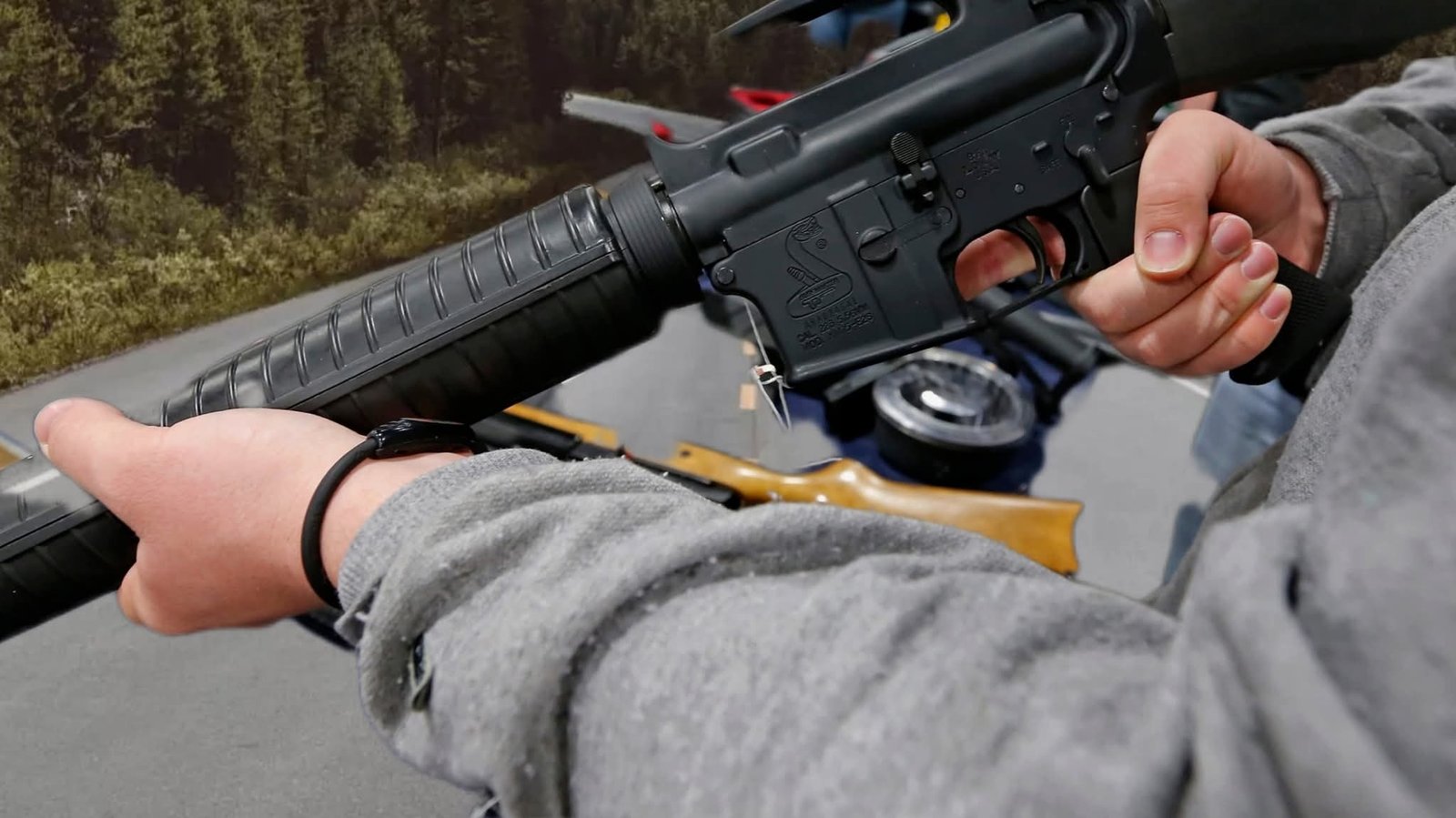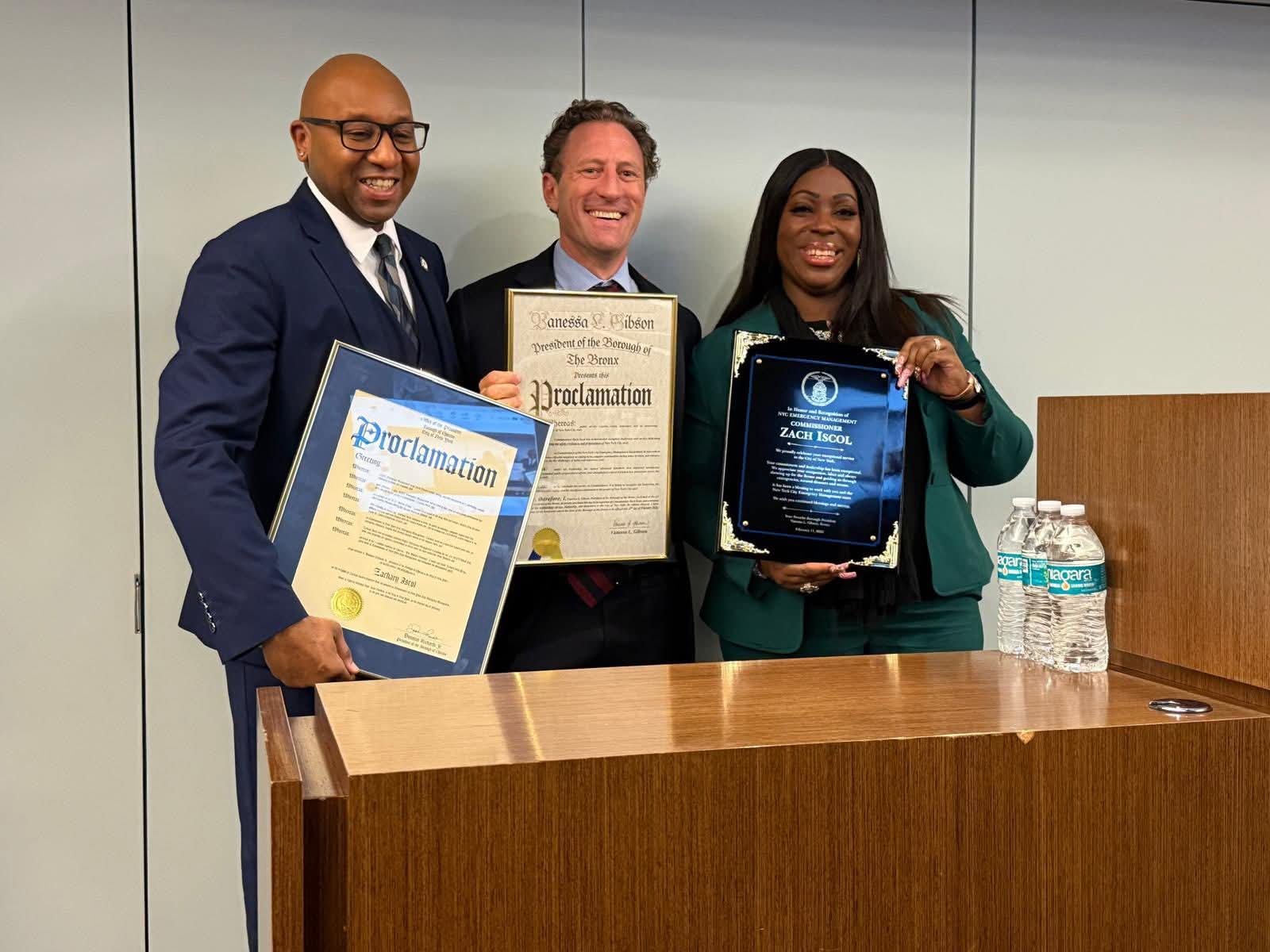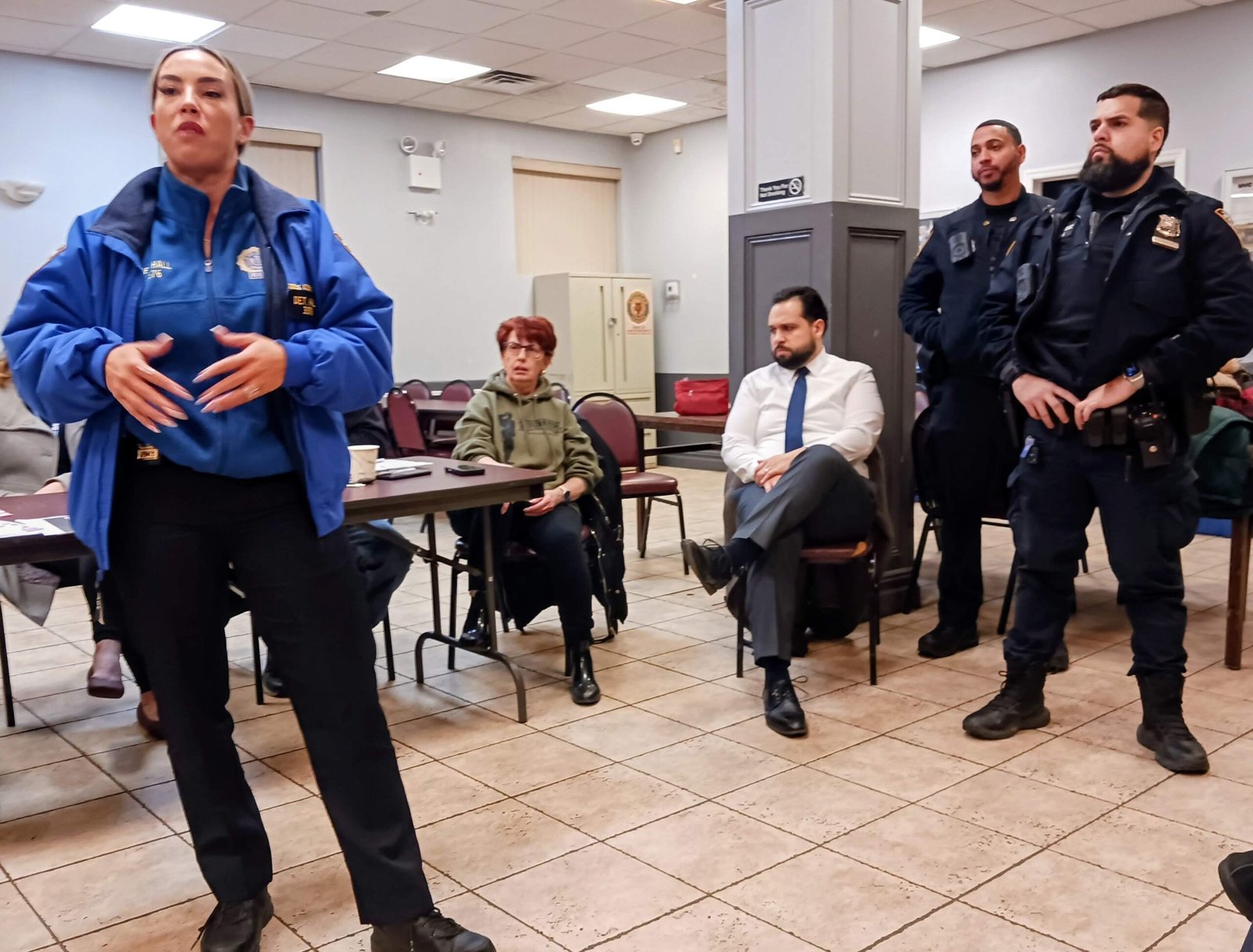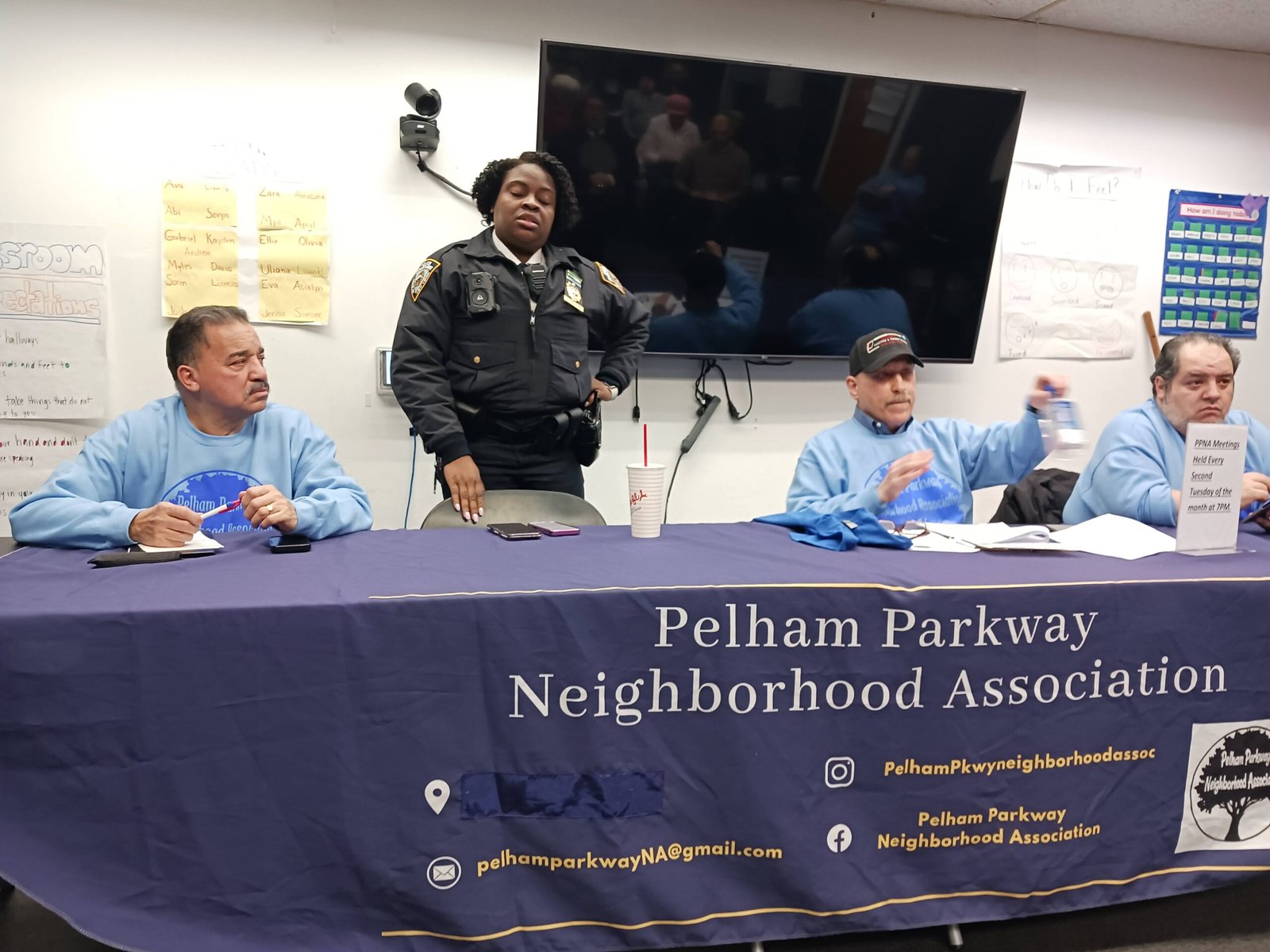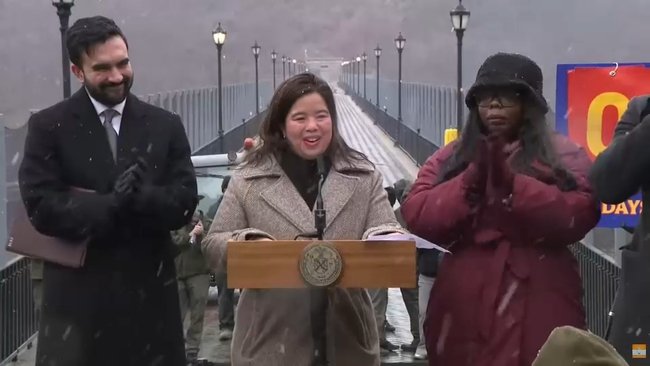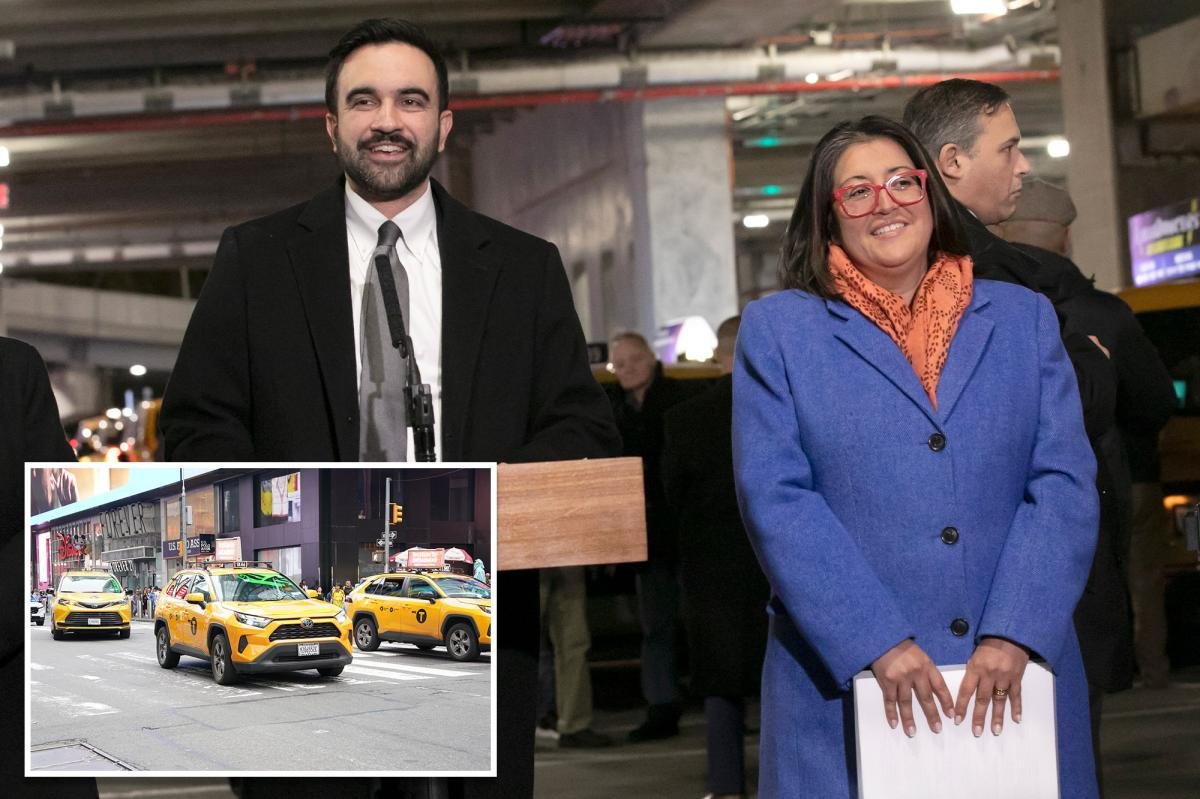
Jury selection is set to commence on Monday for the high-profile manslaughter trial of Daniel Penny, a case that has drawn significant public attention and debate.
The presiding judge has indicated that the process to seat a jury could take up to two weeks, reflecting the complexity and sensitivity surrounding the charges.
Penny has entered a plea of not guilty to allegations of manslaughter and negligent homicide. The prosecution’s case hinges on the assertion that Penny used excessive force during an altercation with Jordan Neely, a homeless man, on a subway train. Prosecutors contend that Penny maintained a chokehold on Neely long after he ceased to pose any threat.
Also Read: New York Public Advocate highlights responsibility at Next Gen Tech conference
To secure a conviction, prosecutors must demonstrate that Penny’s use of lethal force was unjustifiable and that he acted recklessly, consciously ignoring the significant risk involved in holding Neely in a chokehold for an extended period.
Key to the trial will be the testimony of witnesses who were present on the subway during the incident, which lasted approximately six minutes. Prosecutors have indicated that video evidence reveals a critical moment about three minutes and ten seconds into the encounter, at which point Neely is seen stopping all purposeful movement.
“After that moment, Mr. Neely’s movements are best described as ‘twitching and the kind of agonal movement that you see around death,’” prosecutors have stated, underscoring the severity of the situation and the implications of Penny’s actions.
As the trial unfolds, it is expected to delve into the nuances of self-defense and the responsibilities of bystanders, making it a pivotal case in discussions about the use of force and accountability in public spaces.
The outcome will likely have far-reaching effects, both legally and socially, as it confronts complex issues surrounding mental health, homelessness, and public safety.




